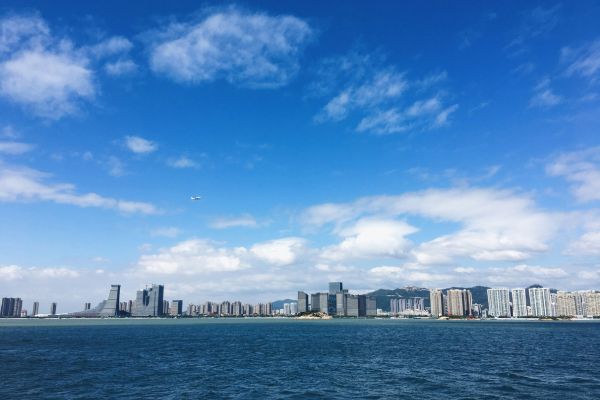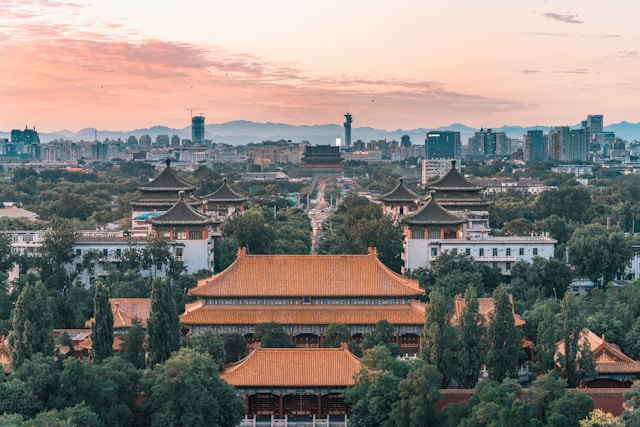
In China, courts in Lin-gang Special Area of Shanghai Pilot Free Trade Zone will take a far more liberal attitude than other local courts when hearing international commercial disputes.
China's Supreme People's Court (SPC) and Shanghai High People's Court respectively issued documents in December 2019, indicating that the courts in Lin-gang Special Area of China (Shanghai) Pilot Free Trade Zone(hereinafter “Lin-gang Special Area” or “Area”) will take a far more liberal attitude than other local courts when hearing international commercial disputes.
What lies behind such attitude is the planning of the Chinese government in this Area.
In July 2019, the State Council of China promulgated the “Overall Plan for the Lin-gang Special Area of China (Shanghai) Pilot Free Trade Zone” (中国(上海)自由贸易试验区临港新片区总体方案, “the Plan”). According to the Plan, the Chinese government will delimit a new area in Shanghai Free Trade Zone to promote liberalization and facilitation of investment and trade.
In addition, the Plan clarifies that, on the one hand, Chinese courts will construct tribunals to resolve international commercial disputes in the Area; on the other hand, well-known foreign arbitration and dispute settlement institutions are allowed to set up business offices or branches in the Area to conduct arbitration on civil and commercial disputes in the fields of international commerce, maritime affairs, investment, etc.
After that, based on the Plan, the SPC issued “Opinions on Providing Judicial Services and Safeguards for the Construction of the Lin-gang Special Area of China (Shanghai) Pilot Free Trade Zone by People's Courts” (关于人民法院为中国(上海)自由贸易试验区临港新片区建设提供司法服务和保障的意见) on 27 Dec. 2019. Later on 30 Dec. 2019, Shanghai High People's Court further promulgated “Implementation Opinions on Providing Judicial Services and Safeguards for the Construction of the Lin-gang Special Area of China (Shanghai) Pilot Free Trade Zone by Shanghai Courts” (上海法院服务保障中国(上海)自由贸易试验区临港新片区建设的实施意见, collectively referred to as “the Opinions”, with the above document).
According to the Opinions issued by the two courts mentioned above, we find that the Chinese courts will take a totally different approach in the Lin-gang Special Area from other local courts in China.
1. Shanghai courts will build up a one-stop dispute resolution platform together with international commercial mediation and arbitration institutions, where the parties can resort to a diversity of dispute resolution proceedings, such as mediation, arbitration, and litigation. Such approach is similar to the practices of China International Commercial Court (“CICC”), but no other local court has yet tried that.
2. Shanghai courts will set up a specialized institution for hearing international commercial disputes in the new area, which is very likely to be similar to CICC, as we predict. In other words, it will be the first international commercial court established by a local court in China, which may be called the Shanghai International Commercial Court.
3. Shanghai courts will set up Shanghai International Commercial Expert Committee in the Area, whose major functions include consultation and mediation. This is also very similar to the CICC International Commercial Expert Committee.
In short, these three aforementioned aspects indicate that Shanghai will follow the practice of the SPC in the construction of CICC in the Area.
4. When hearing commercial cases in the new area, Shanghai courts can refer to international commercial practices and trade customs recognized by other jurisdictions. However, previously it was very rare for Chinese courts to refer to the precedents of other countries and regions.
5. Tribunal(s) for commercial disputes in the Area will accept offshore cases, which means they will accept international commercial cases if the parties have mutually agreed on the jurisdiction, even when there are no connecting factors between the court and the dispute. At this point, Shanghai courts have gone further than CICC, since, like other courts in China, CICC cannot handle offshore cases.
6. The said tribunal(s) for commercial disputes will adopt litigation proceedings similar to that of common law jurisdictions, such as adversarial system, evidence discovery, etc. However, other courts in China (including CICC) adopt the inquisitorial system, and allow the parties to decide the scope of evidence at their discretion in most cases.
7. The said adjudicative institution is more friendly to foreigners. For example, the foreign parties may use English to participate in the proceedings, the judgment documents are translated into English by the court and then published on the Internet, and the foreign appraisal institutions may participate in the proceedings, which are also impossible in other courts in China.
Some of the aforementioned practices even conflict with the current PRC Civil Procedure Law. As a result, Shanghai High People's court also said that it will not implement these practices until relevant authorization is obtained.
Photo by Terry (https://unsplash.com/@blueskin) on Unsplash
Contributors: Guodong Du 杜国栋









